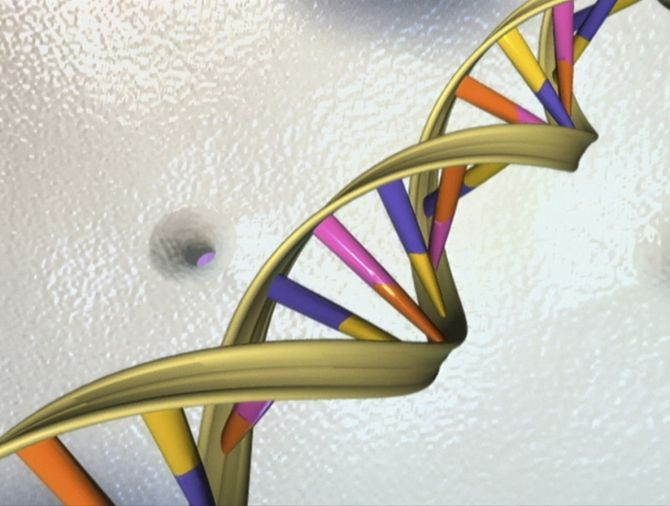Nobody's Perfect: We All Carry 400 Disease-Causing DNA Mutations

There are about 400 DNA flaws in most healthy humans, says a new study. Some of these genes are linked to diseases that can be passed to the next generation.
"Not all human genomes have perfect sequences. The human genome is packed with pervasive, architectural flaws," David Cooper of Cardiff University, lead researcher of the study, told BBC.
Researchers have known for long that everyone carries some form of genetic variations. But, this is for the first time that researchers have been able to catalogue 400 genetic variations that are present in healthy people.
"For over half a century, medical geneticists have wanted to establish the magnitude of the damage caused by harmful variants in our genomes. Our study finally brings us closer to understanding the extent of these damaging mutations," said Dr Yali Xue, lead author from the Wellcome Trust Sanger Institute.
The study was based on two datasets; one obtained from whole genome sequences of 179 people in the 1000 Genomes Pilot Project, who didn't have any disease at the time of sampling and data from Human Gene Mutation Database (HGMD). HGMD has a detailed list of mutations that cause diseases.
Most people had the recessive genetic variations meaning that the mutation was unlikely to cause any disease in the carrier.
Researchers said that the majority of people had the kind of mutation that could cause disease that would be appear later in life.
James Evans from University of North Carolina told NPR that we all might get used to the fact that none of us is perfect.
"We're all mutants. The good news is that most of those mutations do not overtly cause disease, and we appear to have all kinds of redundancy and backup mechanisms to take care of that," said Evans.
The study was published in The American Journal of Human Genetics.



























